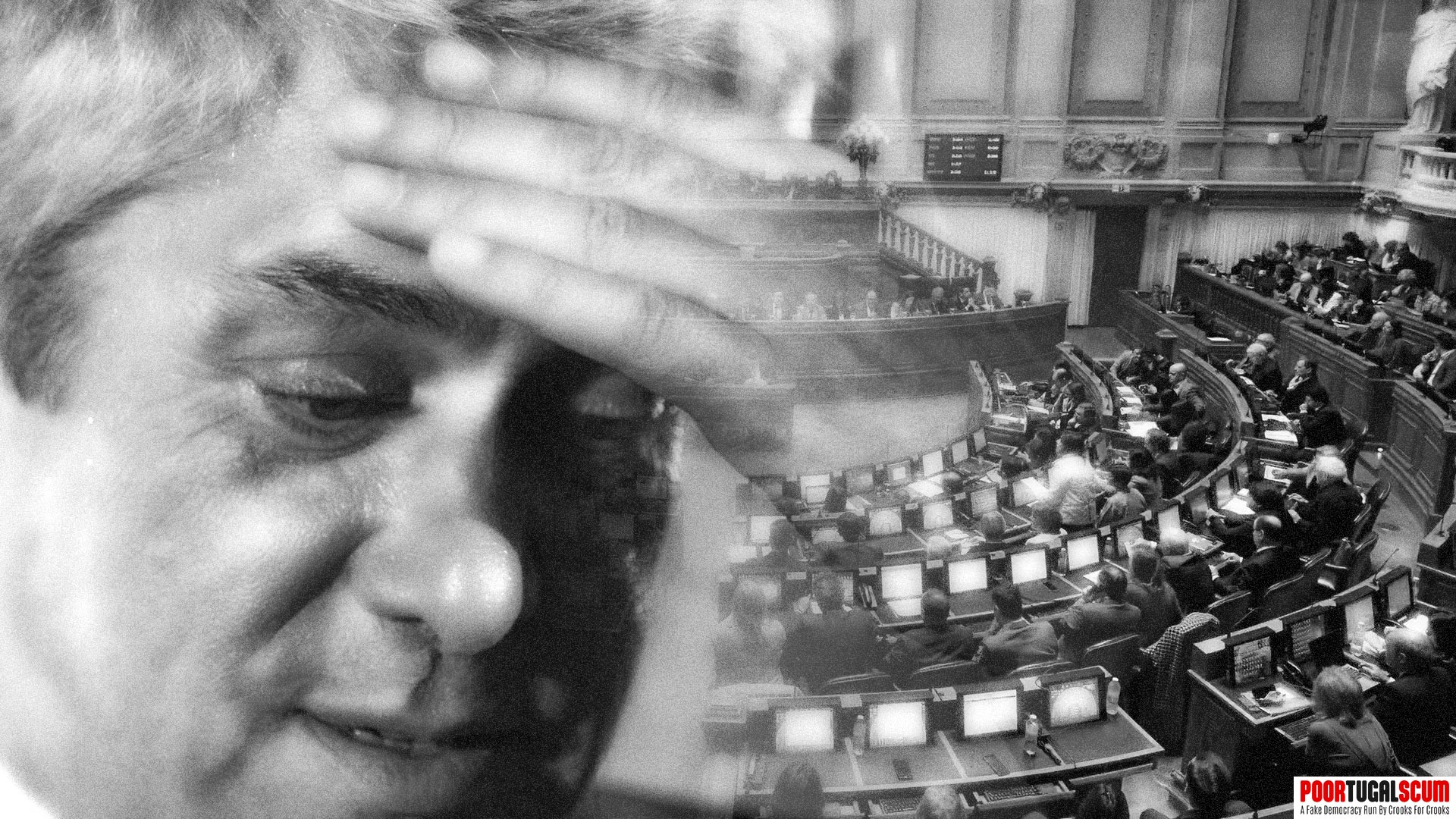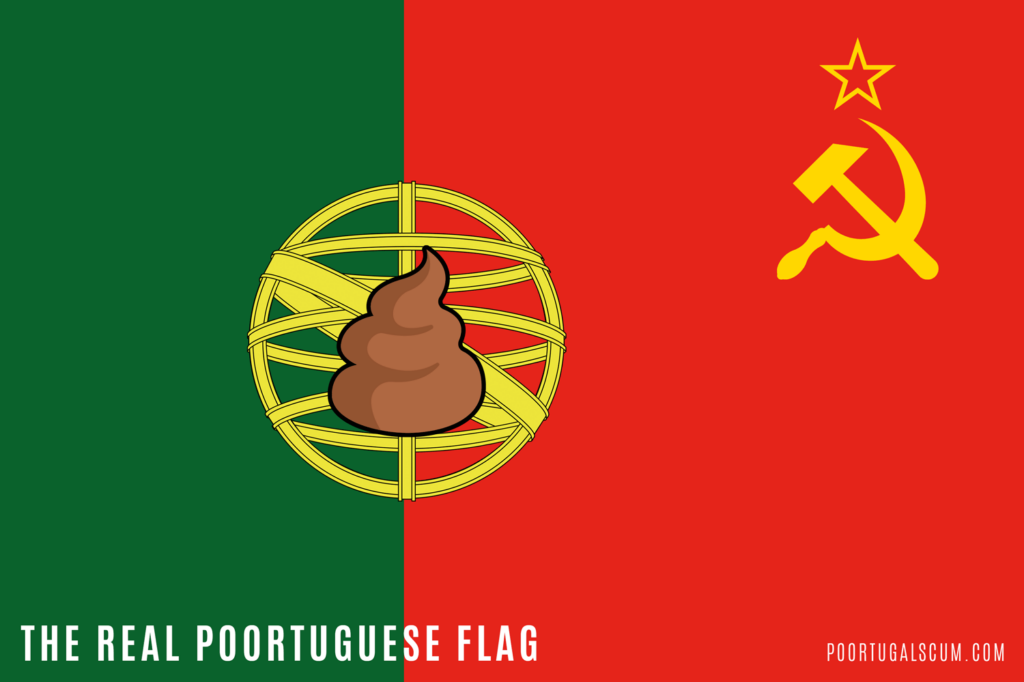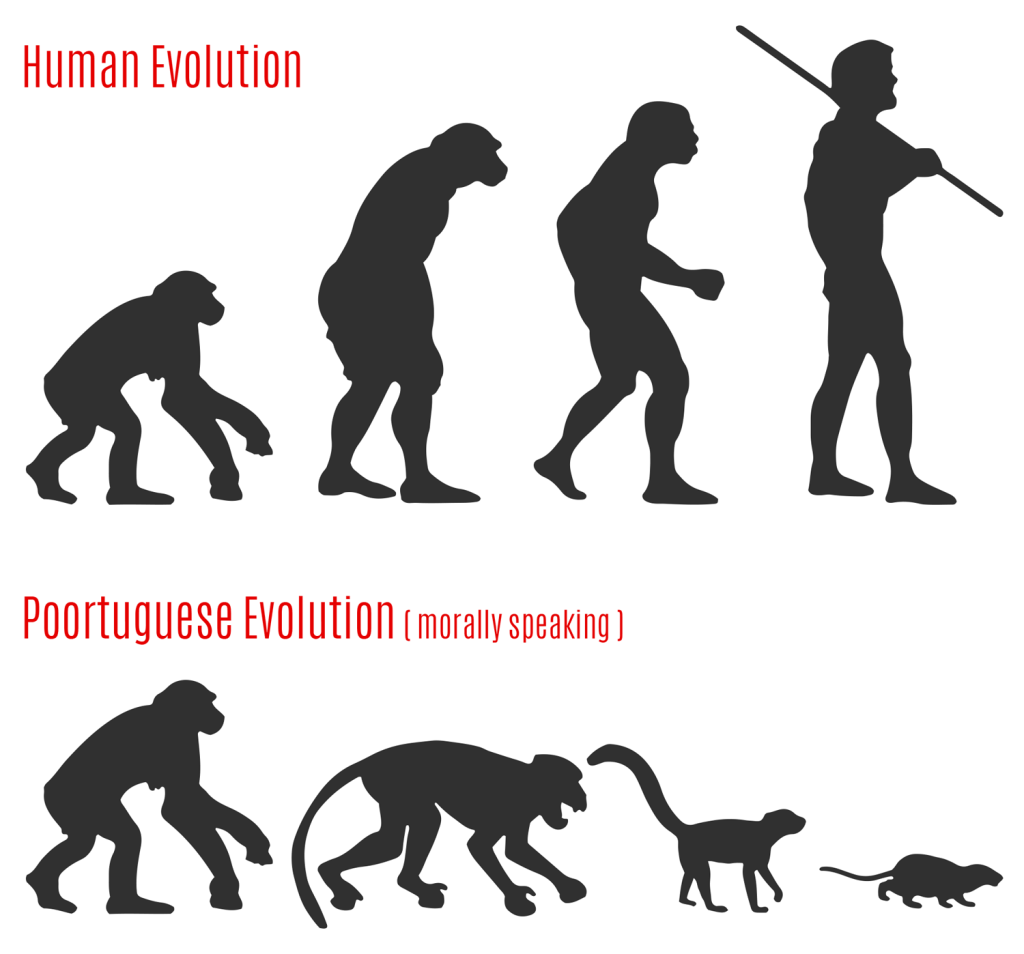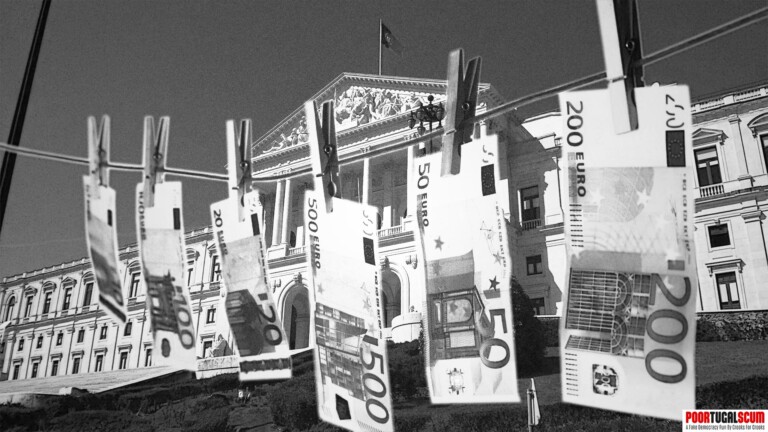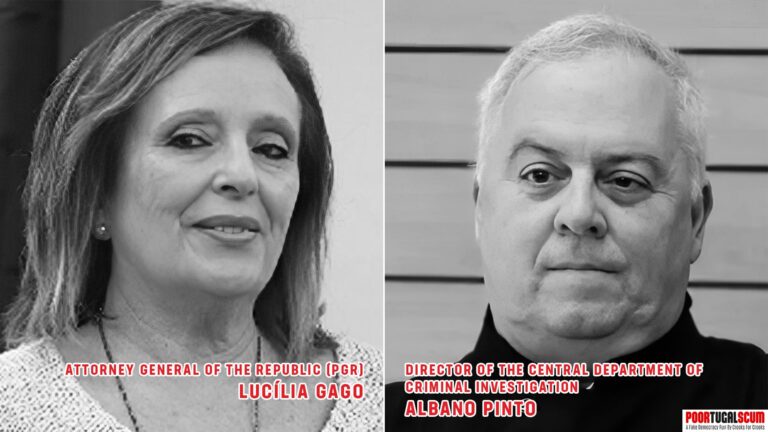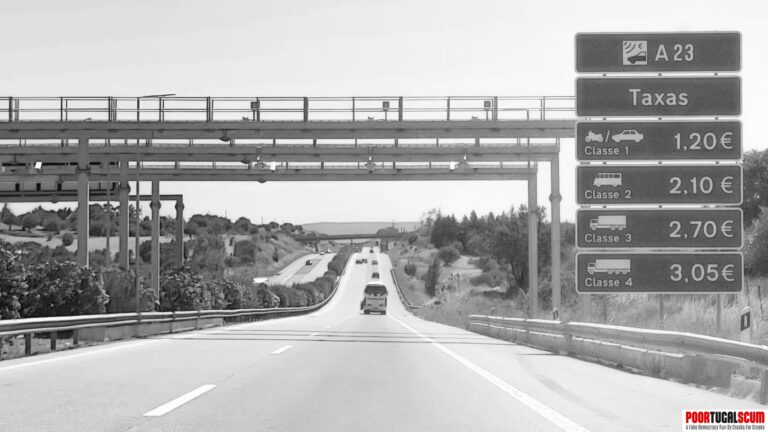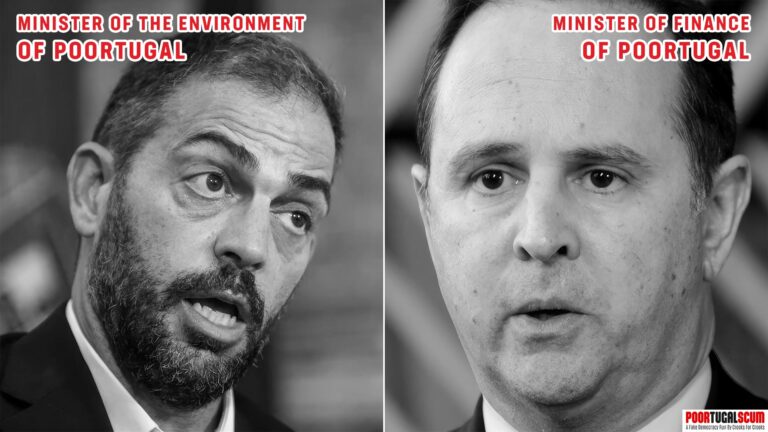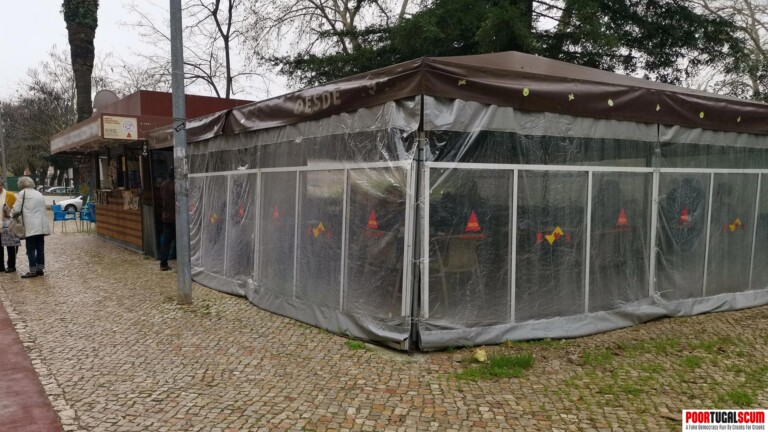Portugal is not only mocking the EU, but also the OECD and the whole world.
Reading this news, one can see very well what Portugal really is, in this case, if Portugal were a person, this “conversation” would very clearly reveal to anyone that we are talking about an obvious fraudster, it’s a no brainer.
As long as Europe and the world continue to deal with Portugal as if it were a legitimate democracy, instead of the dictatorship it actually is, we will all continue to be mocked and stolen by the Portuguese crooks who have taken over the country due to the connivance and extreme passivity of the Portuguese people in general, who don’t even know what elections and democracy are for.
There is no single dictator in Portugal, but rather a criminal/mafia organization made up of countless crooks and corrupt distributed in all the key places of Portugal’s “democratic” institutions façade, systematically sucking all the money they can of the country taxpayers and the EU.
The following article is a translation (mostly MT). You can find the link to the original website at the end of it.
The OECD considers that Portugal needs to strengthen the fight against international corruption “urgently” and gives several examples of suspected cases that were not investigated to the end.
Portugal fails to detect acts of corruption in international commercial transactions and, when these are detected, national authorities prematurely close cases without first investigating relevant allegations. More than that, in two decades, the country has not made a single conviction for international corruption, despite the various suspicious cases that exist.
These are the main conclusions of the Organization for Economic Co-operation and Development (OECD) in the most recent assessment made of Portugal’s application of the international anti-corruption convention.
At issue is the OECD convention on the fight against corruption of public agents in international commercial transactions, in force since 1999 and ratified by Portugal in 2000. Since then, Portugal, like the other countries that signed the convention, has been subject to to an assessment of the implementation of the measures provided for therein, which resulted in the publication of reports with recommendations in 2002, 2007 and 2013.
The fourth phase of this assessment was launched in 2016 and the conclusions of that phase are released by the OECD this Tuesday, leaving harsh criticisms of Portugal’s performance in this matter, due to the country’s continued inability to implement several of the recommendations that have been made over the past two decades. For example, two years after recommendations made in 2013 (the period after which countries receiving recommendations must report on progress towards implementing them), only seven had been fully implemented, 19 only partially implemented and another seven had not been implemented at all.
Faced with this scenario, the working group responsible for evaluating the application of the convention’s measures decided to revisit the implementation of the recommendations made in 2013
and the conclusion is worrying: almost ten years later, most of these recommendations remain to be implemented.
Thus, the OECD is clear in stating that Portugal needs, “urgently”, to strengthen the fight against international corruption. “ Since the OECD anti-bribery convention came into force more than 20 years ago,
Portugal has not made a single conviction for international bribery.
Detection of these cases remains low and Portuguese authorities prematurely close cases of international bribery without thoroughly and proactively investigating relevant allegations, with the number of closed cases increasing significantly in relation to Phase 3 of the evaluation”, can be read in a statement sent by the OECD to the newsrooms.
The OECD recognizes, at the same time, important reforms made recently – specifically, for example, the National Anti-Corruption Strategy presented last year –, but reinforces that they are not enough. “Despite recent reforms, Portugal has not resolved long-standing concerns in the working group [responsible for evaluating the application of the convention]
and sanctions for international bribery, against natural or legal persons, do not seem to be effective, proportionate or dissuasive”, adds the communiqué.
Several cases, listed in the report now presented, illustrate this lack of effectiveness in Portugal’s action against international corruption.
For example: “A Portuguese state company allegedly agreed to issue false invoices in order to win a tender to provide services to a state company in Angola. Portugal opened an inquiry after a suspicious transaction report, but closed the case due to lack of sufficient evidence in May 2015”.
Another example: “A Portuguese company allegedly paid bribes to the then Secretary of State for Transport of Argentina, to secure the sale of carriages and locomotives, in 2006. Portugal opened an investigation in 2014, following a request for international cooperation by part of Argentina.
Portugal reports that Argentine authorities were unable to prove allegations of international bribery and closed the case due to insufficient evidence in May 2017. In April 2022, the Argentine Secretary of State for Transport was convicted in Argentina of accepting bribes for the purchase of carriages and locomotives sold by Portugal”.
The OECD working group thus makes a new series of recommendations to Portugal, ranging from the implementation of measures to increase the awareness of public agents regarding international corruption, to measures related to acts of denunciation (for example, it is recommended that the concept of retaliation against whistleblowers be broadened so that it is not limited to retaliation within the workplace).

